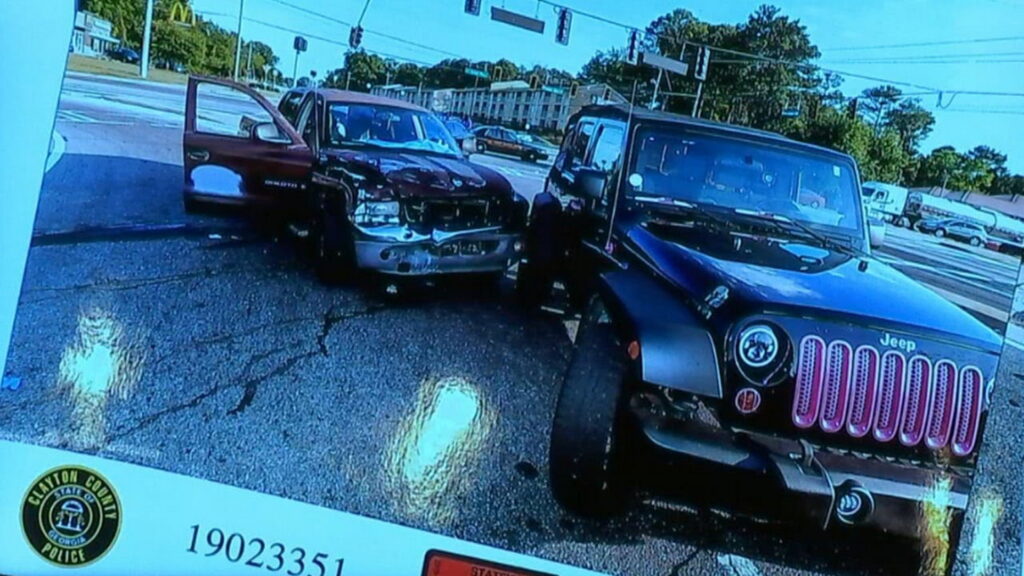On May 7th, 2019, Kenneth Herring, 62, left the scene of an accident in his Dodge Dakota pickup south of Atlanta, GA. Bystander Hannah Payne chased after Herring, blocked him with her own vehicle, and ultimately shot and killed him. Now, she’s going to jail for at least 43 years and perhaps for the rest of her life.
Initially, Payne claimed that Herring accidentally shot himself with her firearm during a scuffle between the two. Despite that, the incident concluded with police charging her with two counts of felony murder, three counts of possession of a weapon during a crime, one count of malice murder, false imprisonment, and aggravated assault.
According to the prosecution, Mr. Herring might have been experiencing a medical emergency as he appeared to be confused about what happened. He waited at the scene of the accident for some 20 minutes waiting for authorities before finally leaving. Payne called 911 and chased Herring down despite a dispatcher telling her not to pursue the truck multiple times.
More: Weaving Honda Faces Karma In The Form Of A Holey Oil Pan
Before the verdict, prosecutors played multiple videos of the incident including bodycam footage. They also let jurors hear the 911 call where Payne refuses to stop chasing Herring down. The family of Mr. Herring also had a chance to speak.
“I can’t call him if I wanted to. I can’t visit him if I wanted to. I can go to the grave site, but he can’t respond, said Jaquerlyn Herring, a sister of the deceased. “Where he got death without parole. I would like for her to have life without parole,” she continued according to FOX.
Now jurors have found her guilty of false imprisonment, felony murder, malice murder, aggravated assault, and three charges of weapons possession during a crime. She’s been sentenced to life in prison with the possibility of parole. It took them less than two hours to come to their conclusion.
Payne will serve a minimum of 43 years before she can get parole. By that time she’ll be in her late 60s. Her story serves as a sobering lesson to consider that grave actions can often come with grave consequences.




